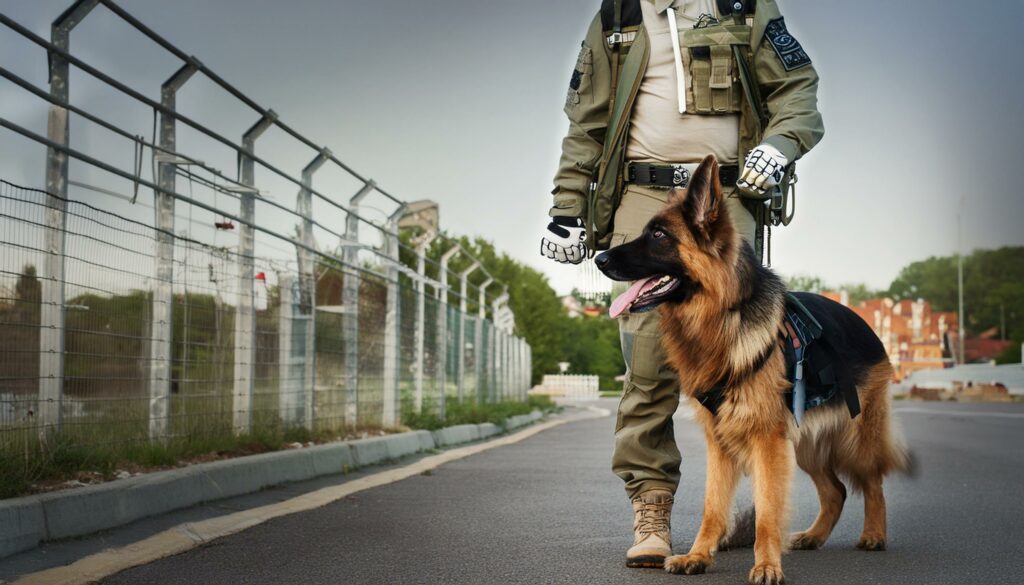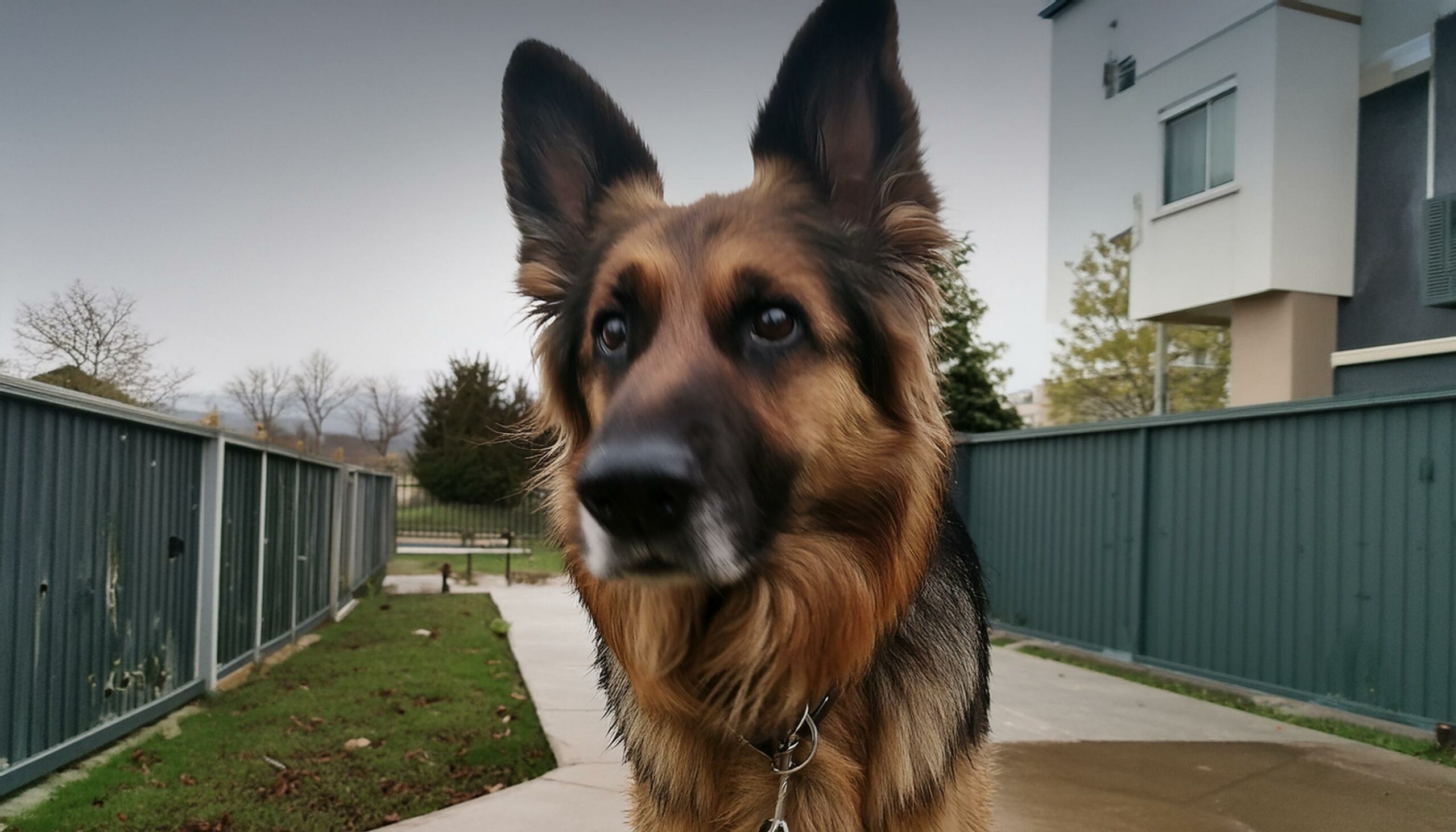German Shepherds, revered for their loyalty and intelligence, are known to express a wide range of emotions, including anger. Understanding their behavior and recognizing signs of distress or aggression is vital for their well-being and the safety of those around them. In this comprehensive guide, we’ll delve into the nuances of German Shepherd behavior, how to detect signs of anger, and effective strategies for de-escalation.
Understanding German Shepherd Behavior
Basic Characteristics
German Shepherds possess a distinct combination of strength, agility, and intelligence. Originating from Germany, they were initially bred for herding and guarding purposes. Today, they serve in various roles, from police work to therapy assistance, owing to their versatility and trainability.
Body Language Signs
Deciphering a German Shepherd’s emotions often involves keen observation of their body language. Signs of contentment may include a wagging tail, relaxed ears, and a loose stance. Conversely, signs of distress or anger may manifest as raised hackles, a stiff posture, and bared teeth.
Detecting Anger in German Shepherds
Recognizing Aggressive Behavior
Aggression in German Shepherds can present in diverse ways, ranging from growling and barking to more severe behaviors like lunging or biting. It’s imperative to differentiate between playful interactions and genuine aggression to respond appropriately.
Signs of Discomfort
Before escalating to anger, German Shepherds typically exhibit signs of discomfort. These subtle cues may include lip licking, yawning, or avoiding eye contact. Recognizing these early warning signs can help prevent potentially dangerous situations.
Common Triggers of Anger

Environmental Factors
Changes in their environment or routine can trigger anxiety and frustration in German Shepherds. Loud noises, unfamiliar surroundings, or overcrowded spaces may provoke aggressive behavior.
Socialization Issues
Insufficient socialization during puppyhood can lead to fear or distrust towards unfamiliar people or animals. German Shepherds with limited exposure to different environments may react defensively when confronted with new situations.
De-escalating an Angry German Shepherd
Stay Calm and Assertive
In the presence of an angry German Shepherd, maintaining a calm and assertive demeanor is crucial. Yelling or making sudden movements can escalate the situation, heightening the dog’s agitation.
Avoid Aggravating Actions
It’s essential to refrain from actions that may exacerbate tension, such as direct eye contact or approaching too quickly. Providing the dog with space and time to calm down before attempting to interact can prevent further escalation.
Seeking Professional Help
Consulting a Veterinarian or Trainer
If your German Shepherd exhibits frequent or intense episodes of anger, seeking professional guidance is advisable. A veterinarian or certified dog trainer can assess the underlying causes and recommend appropriate behavior modification techniques.
Behavior Modification Techniques
Training methods such as positive reinforcement and desensitization can aid in modifying aggressive behavior in German Shepherds. Consistent, patient training coupled with a supportive environment is key to addressing underlying issues effectively.
Conclusion
Understanding how to recognize and respond to anger in German Shepherds is paramount for fostering a harmonious relationship between humans and their canine companions. By attentively observing their body language, identifying potential triggers, and employing effective de-escalation techniques, owners can ensure a safe and fulfilling life for their furry friends.
FAQs
How can I tell if my German Shepherd is just playing or genuinely angry?
Pay close attention to their body language. Playful behavior is typically accompanied by relaxed movements and wagging tails, while anger may manifest as stiffness or raised hackles.
What should I do if my German Shepherd shows signs of aggression towards strangers?
Consult with a professional trainer or behaviorist to assess the root cause of the aggression and implement appropriate training techniques.
Are German Shepherds prone to aggression?
Like any dog breed, individual temperament can vary. Proper socialization, training, and a supportive environment can help prevent aggressive behavior in German Shepherds.
Can aggression in German Shepherds be treated?
With the right approach, including behavior modification techniques and consistent training, aggression in German Shepherds can often be managed effectively.
Should I punish my German Shepherd for displaying aggression?
Punishment may exacerbate aggressive behavior and erode trust between you and your dog. Focus on positive reinforcement and reward-based training methods instead.
